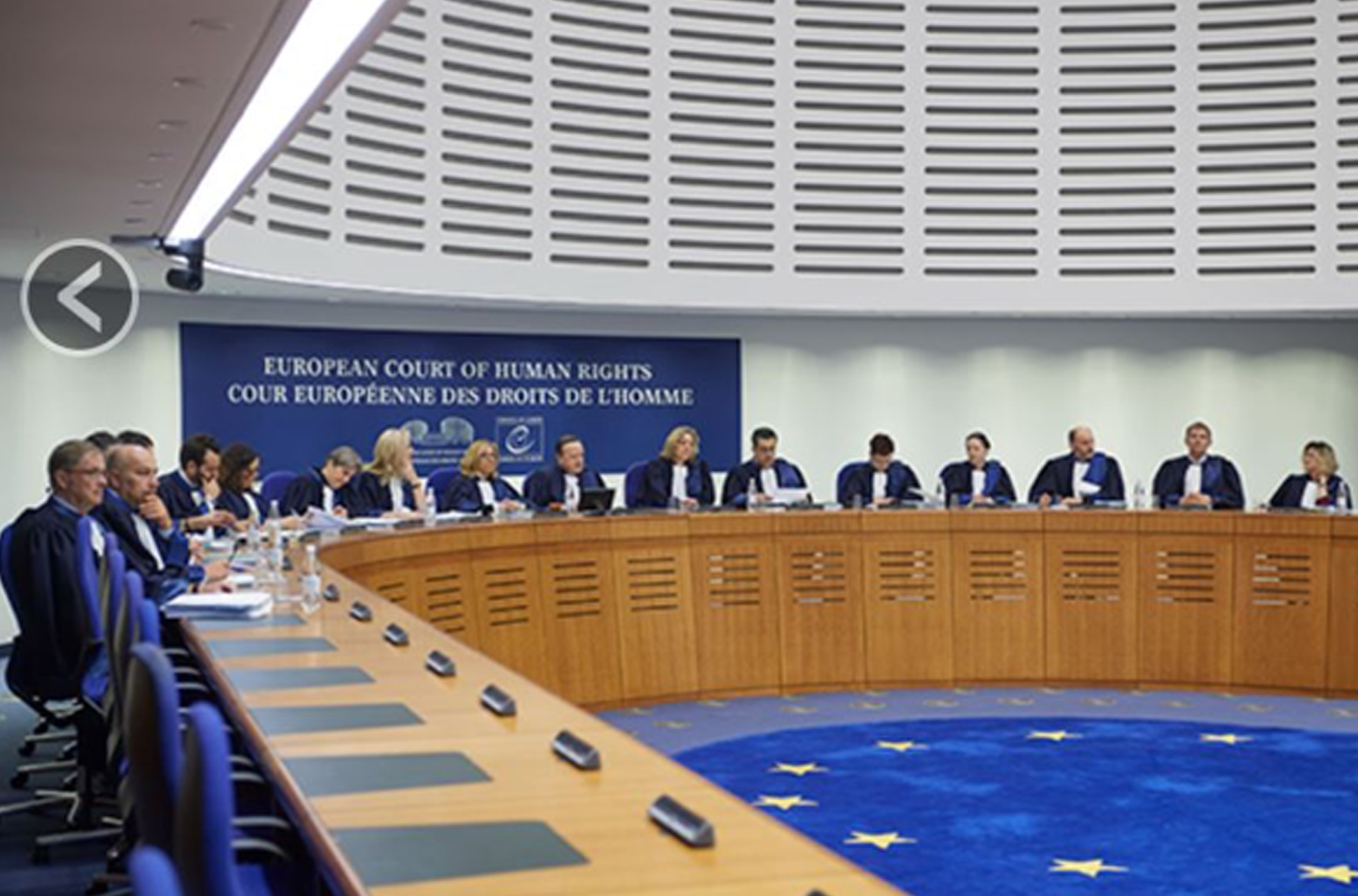
At the beginning of July, the European Court of Human Rights (ECHR) notified the Polish government of 12 separate cases being brought against it by Polish women over abortion rights. The ECHR said it had received more than 1,000 complaints about the law restricting abortions so far. It has now asked Warsaw to submit its responses to 12 of them.
The applicants are all Polish nationals who were born between 1980 and 1993. Their cases have been divided by the Court into three groups of four. After the law change, they argue, certain Polish hospitals refused to perform abortions in cases of “non-lethal” fetal abnormalities.
One of the complainants, a 27-year-old woman, said her partner suffers from a chromosome-related condition that put her chances of a healthy birth at below 50%. If she gets pregnant, there is a serious possibility that she will have a miscarriage or the baby will die. As such, the woman said, the Polish Constitutional Court’s judgement and its patchy application in hospitals had had “a chilling effect” on her family plans.
Another, a 40-year-old undergoing IVF treatment, said she would not undergo a fourth cycle in Poland out of fear that she could be forced to give birth if fetal defects were found. She described the situation as being one of “mental torture”.
All 12 of the applicants say they are potential victims of a breach of Article 3 of the European Convention on Human Rights (prohibition of inhuman or degrading treatment), because of the distress caused to them by the prospect of having to give birth to an ill or dead child. They also say the Polish government has infringed their rights under Article 8 of the Convention (the right to respect for private and family life), because if they became pregnant, they could be obliged to carry the fetus to term, and have to adapt their lives and conduct accordingly.
The legal changes that came into effect in Poland on 27 January this year were the result of a ruling in October 2020 by four judges in the Constitutional Court. The applicants also say the ruling was not “prescribed by law” because three of the judges were elected “in breach of the Constitution” while the fourth judge was not impartial because he was among a group of 104 Polish MPs who tried to enact the same legislative changes in 2017.
The Polish government has until 13 September to respond.
SOURCE: EuroNews, by Hannah Somerville, 8 July 2021 ; PHOTO, from Hearings at the ECHR-Webcast
+++
“Because a woman cannot be a coffin for a baby”
In an article about an anti-abortion colouring book activity for children in Poland, and which also tries to show that support for legal abortion is high in Poland, it ends by quoting Polish gynaecologist, Dr Maciej Jedrzejko, who is quoted as saying:
“The government should never go between a doctor and parents in cases of embryo pathological pregnancies. This is absolutely unpolitical problem, this is a medical problem. If parents don’t want to wait until their fetus will be very big grown and they don’t want to watch his dying or they don’t want to watch his suffering, they should have a right to decide. Because a woman cannot be a coffin for a baby.”
SBS Dateline, by Michelle Rimmer, 26 July 2021



